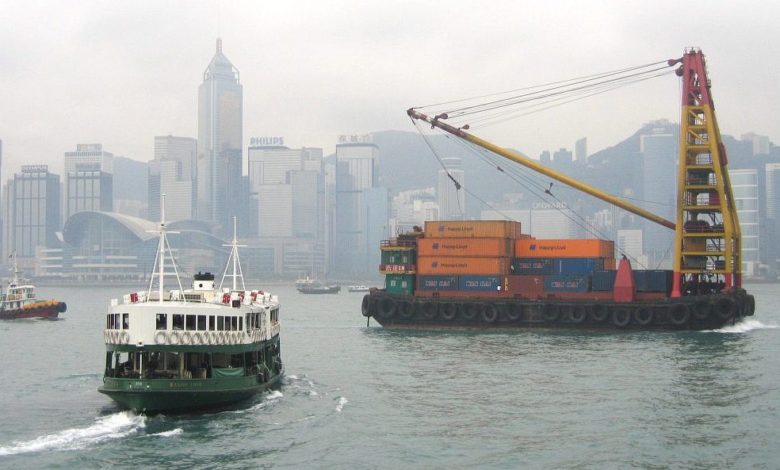Hong Kong finally gears up to take the fight to Singapore

After a lost couple of decades, Hong Kong authorities are finally gearing up to make the city more competitive for shipping companies to set up shop.
Hong Kong’s Financial Services Development Council (FSDC) has released a research report, addressing the importance of developing a significant maritime financing and leasing industry in Hong Kong.
The report sets out the current issues challenging Hong Kong’s shipping industry in terms of the ship register, labour, government policies, tax and finance, noting that Hong Kong is facing keen competition from major Asian competitors in building its maritime cluster.
FSDC believes Hong Kong lags behind other major shipping centres in building a base for commercial principals, such as shipowners, lessors, carriers, investors, operators, and shipmanagement companies.
“The maritime industry has been traditionally one of the pillar industries of Hong Kong but has shrunk in size over the last decade. As an international financial centre, Hong Kong is in a uniquely advantageous position to drive shipping-related financial services. Hong Kong needs to further develop its maritime cluster in view of the fierce competition from global maritime centres. Hong Kong must maintain and enhance its competitive advantages of the maritime cluster for the sustainable growth of the shipping industry,” said Laura Cha, chairman of FSDC.
The report has recommended various measures for developing the maritime cluster in Hong Kong, including tax concessions for maritime firms; allowing qualified investors to access credit and liquidity enhancement products supported and/or endorsed by sovereign-rated financial institutions; full consultation with the industry on implementation of a tax review package; encouraging the growth of shipping and maritime-related support and management services; talent development in the maritime cluster; further double tax agreements with major shipping jurisdictions; increased participation in international industry bodies by Hong Kong-based organisations; and upgrading the Hong Kong Maritime and Port Board or creating a centralised maritime office.
On hand for the launch of the report yesterday was Sabrina Chao, who heads up local shipping line Wah Kwong, and is the immediate past chair of the Hong Kong Shipowners Association (HKSOA).
“In the past 20 years the majority of owners have left for Singapore. Following them are shipping finance institutes, trading desks and brokers,” Chao said in comments reported by the South China Morning Post. “Altogether, these people have shifted the industry’s centre of gravity from Hong Kong to Singapore,” she added.
Hong Kong is home to the world’s fourth largest shipping registry and is the world’s fifth busiest container port. While it was the preeminent maritime hub in Asia at the start of the century it has seen its mantle firmly taken by Singapore over the past 15 years, with other cities such as Shanghai and even neighbouring Shenzhen also rising up the maritime ranks.
Hong Kong’s shipping community has been calling on successive administrations to bolster the city’s shipping offerings ever since the handover back to China in 1997, with most of the pleas falling on deaf ears.
Memorably back in 2013, Peter Cremers, the chairman of Anglo Eastern Univan and a former chairman of the HKSOA, told a sister title of Splash that the city’s inertia in luring shippers and shipowners meant it was unlikely to regain its top billing in Asian maritime again. “The train has already left the station for Singapore,” Cremers commented.
